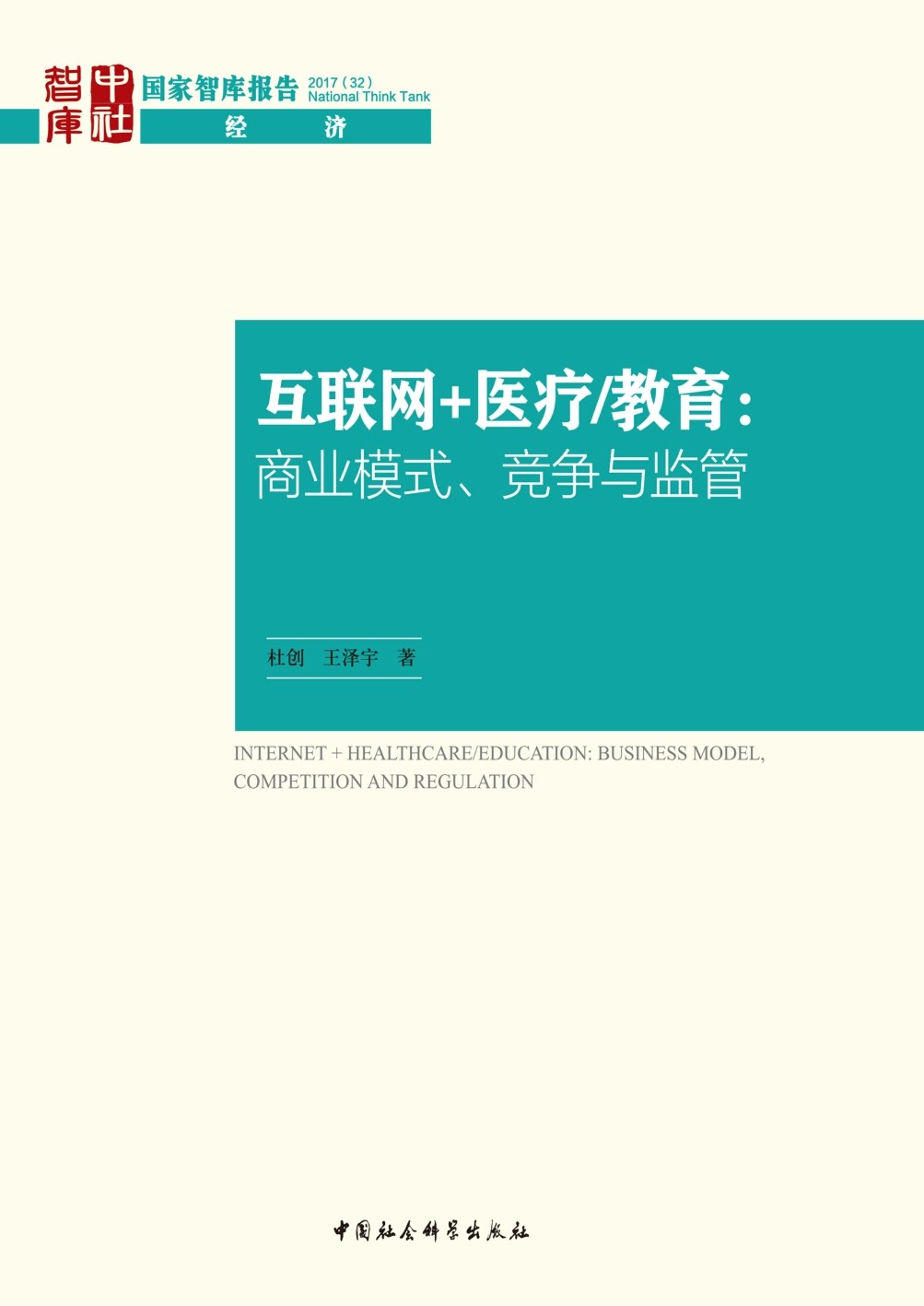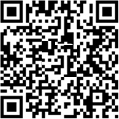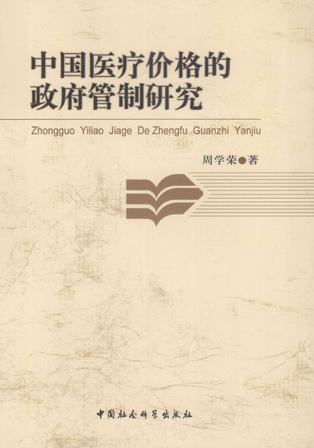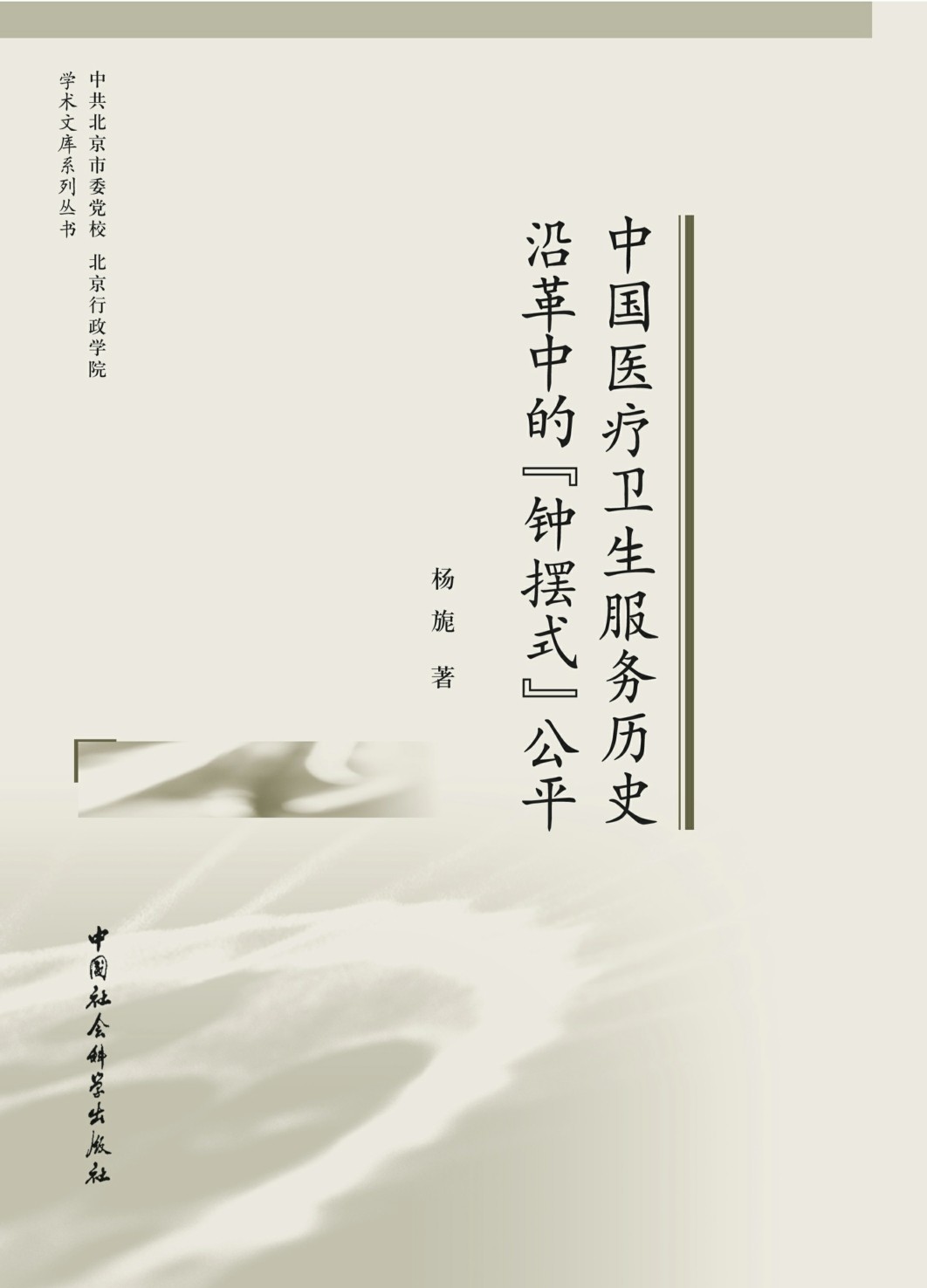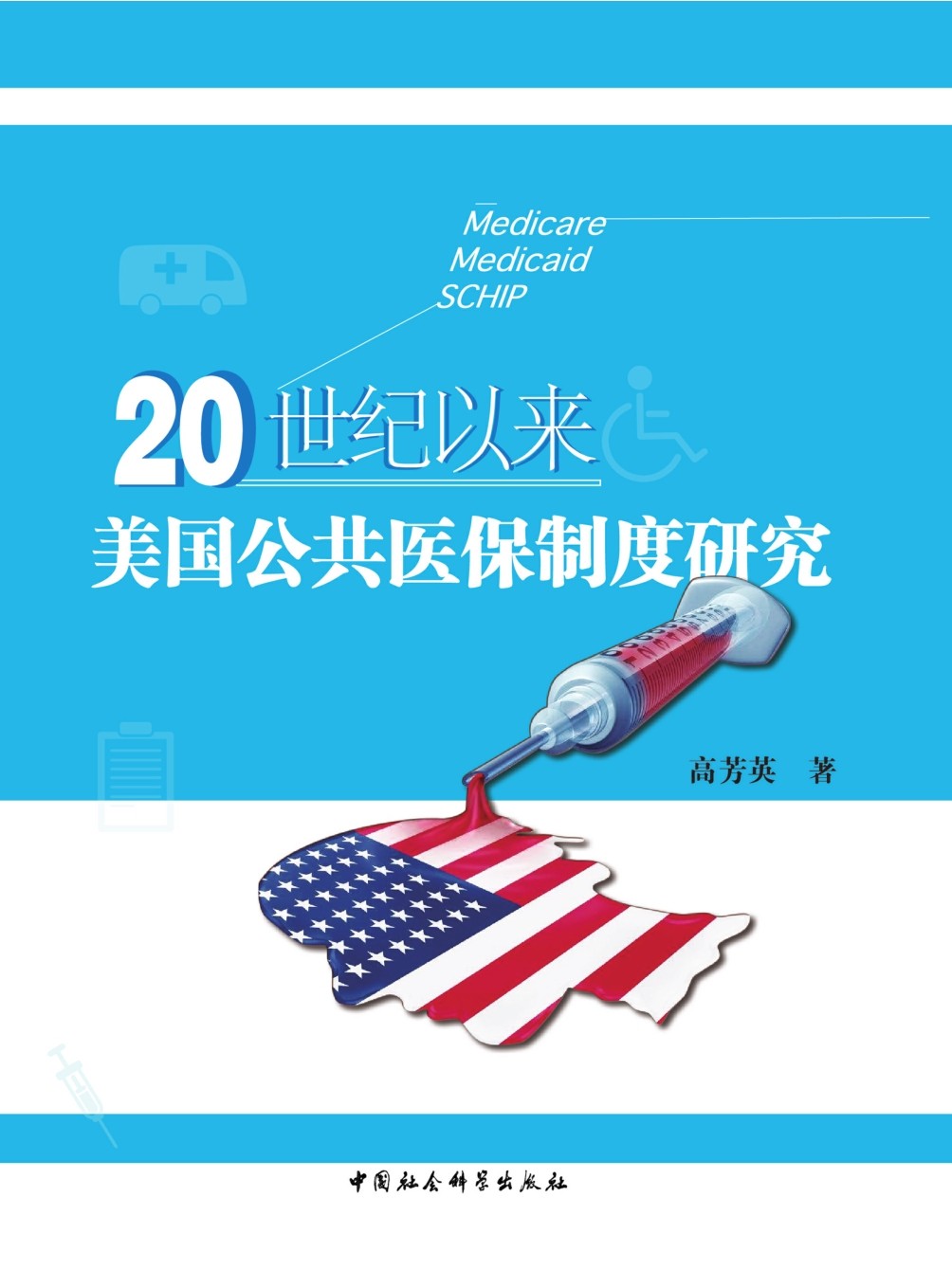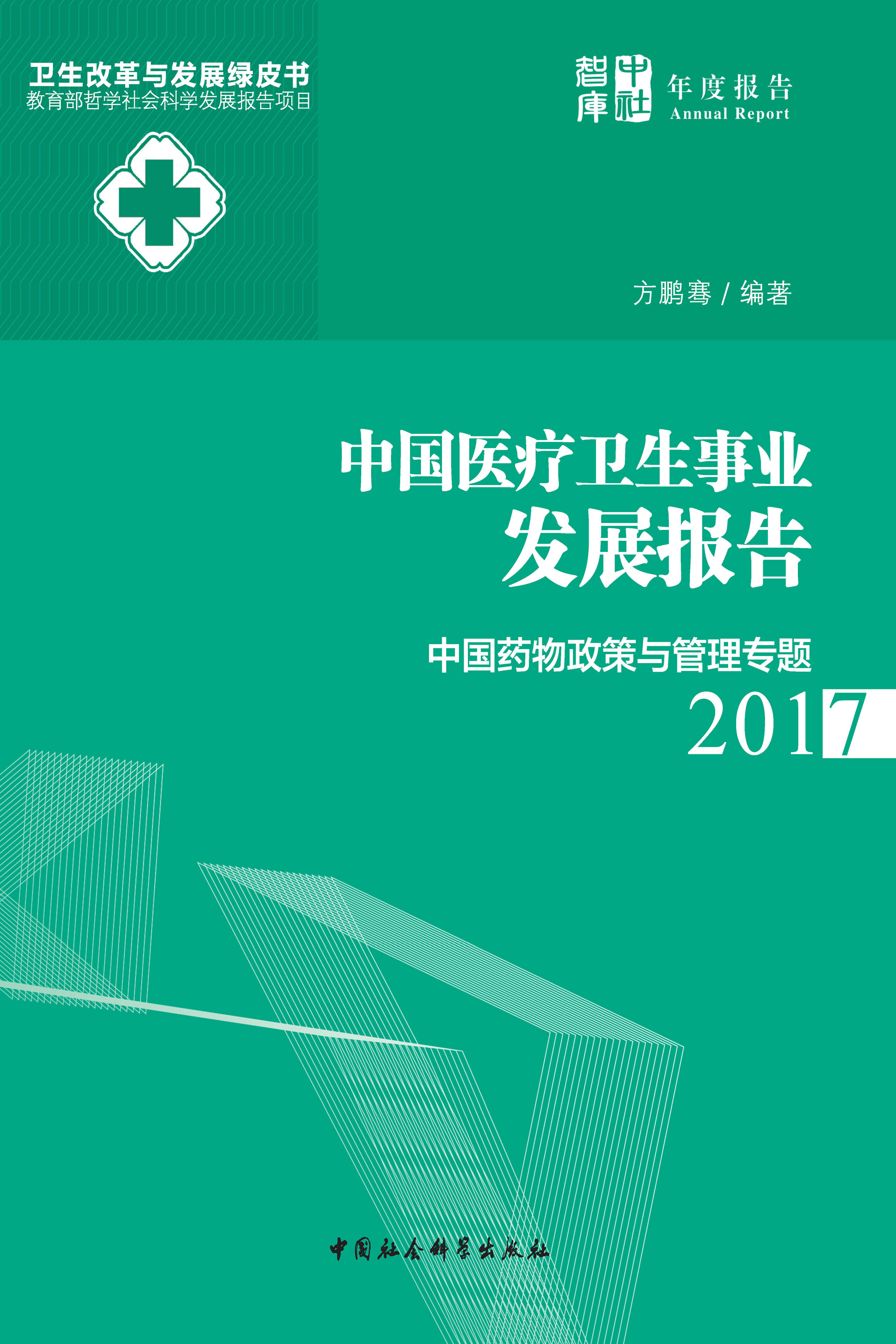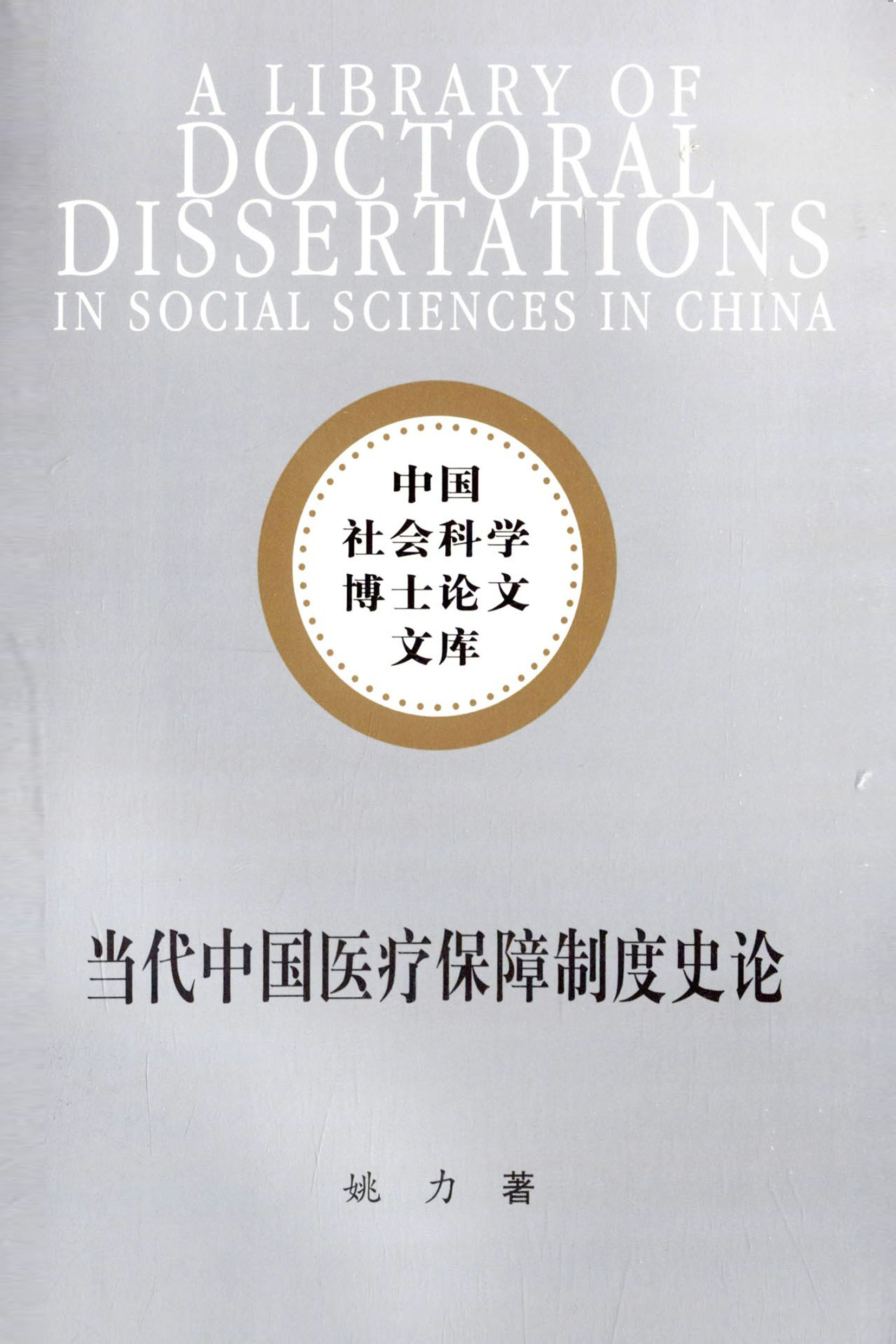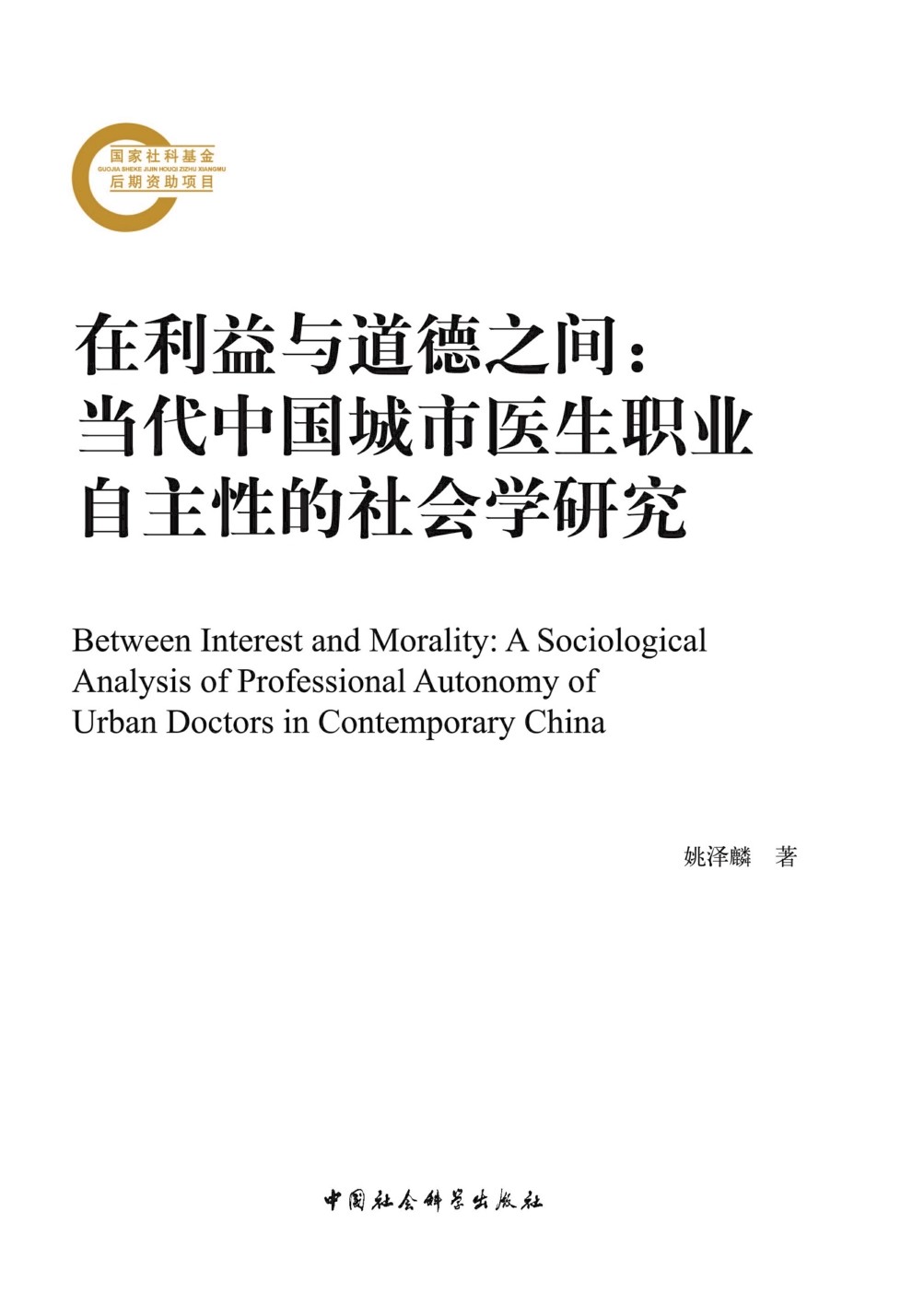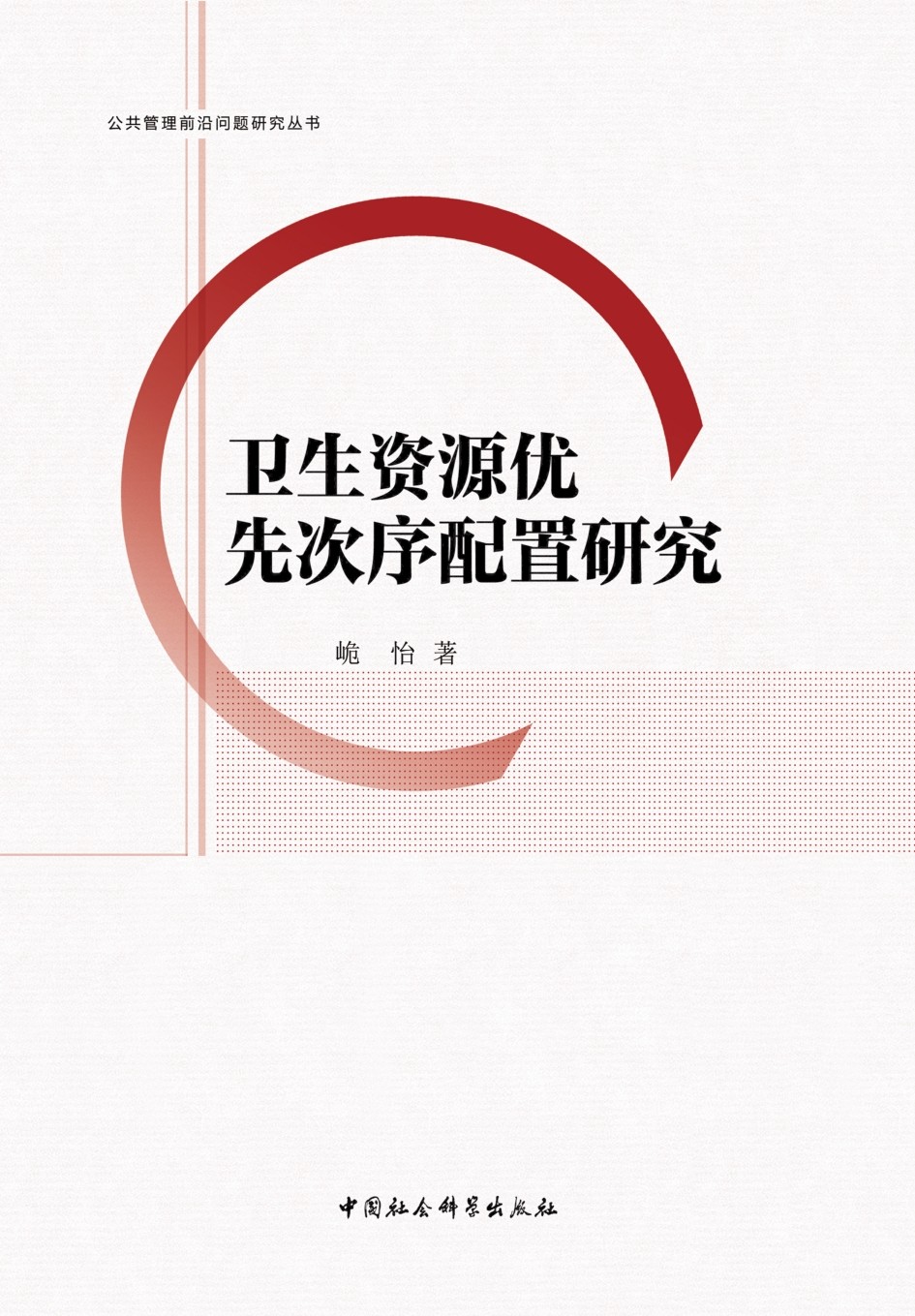内容简介
作者简介
目录
摘要:世界范围内,互联网正在医疗、教育领域掀起一场革命,可望极大提高服务效率,增加居民公平获得优质医疗和教育的机会;但也挑战了传统医疗、教育模式,其健康发展不可避免受到既得利益、某些法规制度的阻碍。医疗和教育都是重要的民生领域,有一些共同性质,包括服务业属性、正外部性(公益性服务业)和信息不对称(知识型服务业)等。本报告应用产业经济学的最新进展(双边市场理论),建立统一的理论框架分析“互联网+医疗/教育”的商业模式、市场竞争和最优监管政策。主要结论:(1)“互联网+医疗/教育”商业模式本质上是一种多边平台模式,互联网医疗(教育)平台是多产品提供者,非传统意义上的医疗(教育)机构。(2)相关市场竞争主要体现为“互联网+医疗/教育”与“医疗/教育+互联网”两种模式的竞争,后者只是体制内医疗/教育机构的信息化。(3)“互联网+医疗/教育”新型模式对监管提出了一系列要求,应该转变监管方式,从过去事前严控准入、忽视事中事后监管转变到放宽市场准入、优化事中事后监管;而要实现监管方式的转变,需要重新划分监管职责,改变“规划”“准入”“质量监管”三项监管职责由行业主管部门统一承担的体制,改由不同监管部门分别承担。此外,互联网医疗(教育)平台会制定复杂的价格结构,使价格管制效果复杂化,对平台的价格管制应更加慎重。“互联网+医疗/教育”模式也对隐私权、知识产权等外部性相关权利的制度安排提出了新要求。本报告既有理论分析,也有基于微观数据的计量经济分析和案例研究。基于数据挖掘和标准的计量经济分析方法,我们验证了互联网医疗平台声誉机制的有效性及影响声誉的关键因素,得出了一些新结论。例如,在声誉形成机制上,互联网医疗有特殊性,医师自身网络行为如缩短问诊反应时间或者提升问诊经验都能够显著提升其声誉水平。关键词:互联网+;医疗;教育;商业模式;监管Abstract: Throughout the world,the internet is giving rise to revolutions in healthcare and education,which are expected to greatly improve the efficiency of services and promote fair access to quality medical care and education.“Internet+healthcare/education”,however,challenges the traditional healthcare and education models too.Its development is inevitably impeded by Vested interests and some regulatory policies.Healthcare and education are both important areas of people's livelihood.There are some common characteristics of healthcare and education,including the attributes of service industry,positive externalities and information asymmetry(knowledge-based services),etc.By applying the economic theory of two-sided markets,this book establishes a unified theoretical framework for the analysis of business model,market competition and optimal regulatory policies of“Internet+healthcare/education”.The main conclusions are as follows.(1)The business model of“Internet+healthcare/education”is essentially a multisided platform model.The Internet healthcare(education)platform is a multi-product provider,not healthcare(education) institutions in the traditional sense.(2)The relevant market competition is mainly embodied in the competition between“Internet+healthcare/education”and“healthcare/education+internet”.The later means only informatization of traditional healthcare/education institutions.(3)The new model of“Internet+healthcare/education”put forward a series of requirements on the regulatory policies.We should change the regulatory approach,from strictly controlling the market access ex-ante and ignoring ex-post regulation after entry,to relaxing ex-ante control and optimizing on ex-post regulation.And to achieve the transformation of the regulatory approach,we should re-divide the regulatory responsibilities,changing from the old system that the same government authority undertakes“planning”,“access”and“quality supervision”of healthcare(education),to a new system that different regulators undertake the three regulatory responsibilities respectively.In addition,an internet healthcare(education)platform will develop a complex price structure,making the effect of price regulation ambiguous.We should therefore be more cautious on the price regulation of platforms.The“Internet+healthcare/education”model also put forward new requirements on institutional arrangements,such as privacy,intellectual property and other externality related rights.We carry on theoretical analysis,econometric analysis and case study in this book.Based on microeconomic data from an internet healthcare platform,we validate the effectiveness of the reputation mechanism of Internet healthcare platform,identify key factors influencing the reputation formation,and obtain some new conclusions.For example,the Internet healthcare is different from traditional healthcare in reputation formation.A physician's own network behaviors such as shortening the response time of online inquiry can significantly enhance her reputation level.Key Words: Internet+,Healthcare,Education,Business Model,Regulation.
全部显示∨
王泽宇(1982— ),男,天津人,中国社会科学院经济研究所助理研究员,南开大学经济学博士,中国人民大学管理学博士后,香港中文大学访问学者、研究助理。主要研究方向为电子商务、国际商务,在Journal of Business Research、《中国工业经济》等刊物上发表十余篇学术论文。
全部显示∨
一 引言(一)背景与问题
(二)研究框架与主要内容
(三)研究方法
(四)相关文献述评
(五)本报告的创新之处
二 “互联网+医疗/教育”的商业模式与效率(一)医疗/教育服务的性质
(二)多边平台模式
(三)在线诊疗
(四)在线教育
(五)效率
三 “互联网+”VS“+互联网”:挑战与竞争(一)“互联网+医疗/教育”带来的挑战
(二)“医疗/教育+互联网”:体制内的应对策略
(三)两种模式竞争下国内互联网医疗/教育发展现状
(四)“互联网+”还是“+互联网”?
四 “互联网+医疗/教育”的监管:规划、准入与质量(一)国内相关监管制度现状
(二)国内相关监管制度的问题
(三)国际经验:美国在线诊疗管制及其启示
(四)地方探索:银川市的政策试验
(五)小结:重新划分监管职责,转变监管方式
五 “互联网+医疗/教育”的监管:价格与权利(一)价格管制
(二)隐私权
(三)知识产权
(四)兼容标准
六 移动医疗声誉机制的实证分析(一)概述
(二)研究假设和理论模型
(三)变量结构和研究方法
(四)实证分析
(五)研究结论
七 移动教育案例分析(一)背景
(二)案例选择标准
(三)案例企业概述
(四)几个重要问题分析
(五)研究结论
附录 美国HIPAA法案隐私权规制适用和影响评述
参考文献
后记
